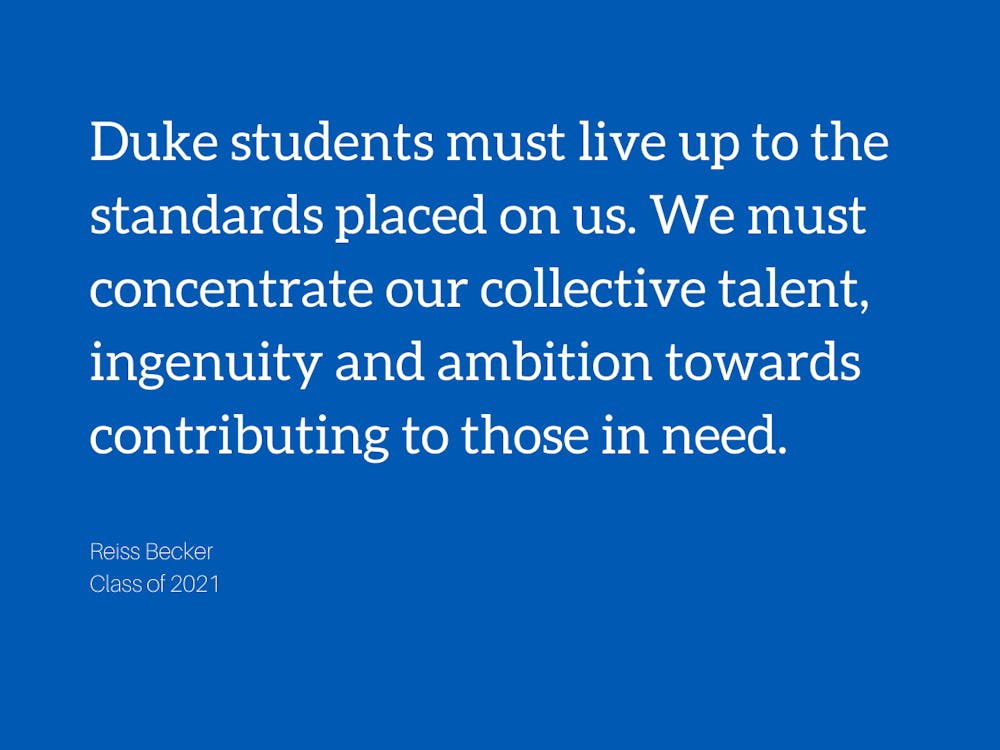On January 20, 2020 the CDC confirmed that a man in Snohomish County, Washington was the first case of novel coronavirus in the United States. Over two months later, daily life is unrecognizable.
Suddenly and deliberately, our country has hunkered into a defensive crouch as it prepares for a prolonged fight against a novel pestilence. In so doing we have embraced an unprecedented public program of shutdowns and social distancing. In recent history, only the domestic impact of the Second World War rivals the Coronavirus’ impact on our national life.
The easiest response to these restrictions, and to the disruption and death that necessitated them, is despair. And of course sadness, a sense of sorrow for what has been lost, is only natural. But we need to distinguish the natural from the inevitable. While it is natural to feel distraught during a tragedy, we cannot surrender to the ready and easy embrace of despair. But if that’s the case, what is there to do?
Last Monday, I stood in a bread line at a local supermarket. Shuffling forward, six feet at a time, I waited patiently, eventually taking the opportunity to ask a harried attendant if I could “speak to his manager.” I spoke to the manager for about ten minutes, handed her a resume and thanked her for her time. I nodded to the attendant as I walked out. I had just interviewed to be a personal shopper.
If I get the job, I will work around twenty hours a week, packing and preparing bags of groceries for delivery in the surrounding neighborhood. I have no grand delusions about the scope of my impact. My contributions will never show up in the Los Angeles Times, nor should they. My efforts won’t move the macro statistics, the alarming numbers of deaths, cases and intubations, one bit.
But I hope I can make a difference for those who live near me. I want to make life easier for the quarantined retiree who is cut off from the friends and family. I pray I can enable someone with a lung condition to stay home and avoid the perils of the public square. That’s all I can do.
In his typical booster style, President Trump has described the present crisis as a “war with an invisible enemy.” And although this foe won’t succumb to bombs and bullets, he is not entirely wrong–the campaign against the Coronavirus is similar to a total war. Our “enemy” makes no distinction between frontline and homefront, between soldier, scientist and civilian. With a vicious lack of discrimination, the virus threatens us all. Consequently, any adequate response must be collective. All are called upon and all must answer the call.
Duke students especially must contribute to their local communities however they can. Blue Devils need to be aware that, as fellow columnist David Min argued, for many Americans there is no “silver lining” to this pandemic, there is only angst, deprivation and uncertainty.
Duke students must live up to the standards placed on us. We must concentrate our collective talent, ingenuity and ambition towards contributing to those in need. During this pandemic, we should live by the words of World War I Private Martin Treptow: ''America must win this war. Therefore I will work, I will save, I will sacrifice, I will endure, I will fight cheerfully and do my utmost, as if the issue of the whole struggle depended on me alone.''
Trillion-dollar bailouts, public shutdowns and mass social distancing—any number of mammoth policy shifts—cannot mitigate the rampant spread of this disease on their own. Something more is needed. A sense of civic obligation, manifested in tangible commitments to the wellbeing of our fellow Americans, is imperative to any recovery.
Reiss Becker is a Trinity junior. His column, 'roused rabble,' usually runs on alternate Thursdays.
Get The Chronicle straight to your inbox
Signup for our weekly newsletter. Cancel at any time.

